Contact
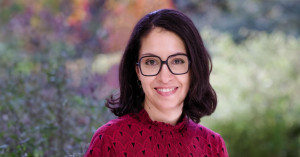
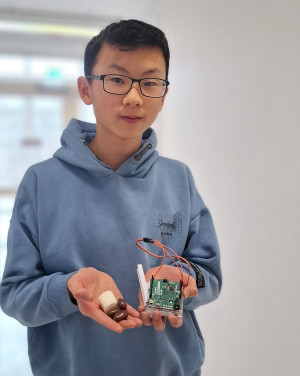
What do marshmallows and chocolate have to do with cell analysis? Leon is finding out the answer during his school internship at ISAS. For ISAS Kompakt, the 15-year-old talks about what else he is learning during his time at the institute.
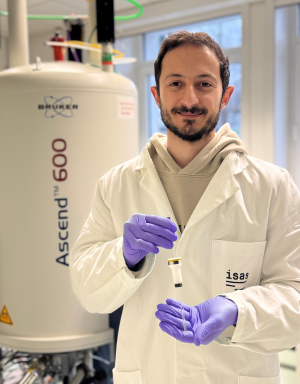
On Valentine's Day, the editors of ISAS Kompakt wanted to know what makes our researchers' hearts beat faster. The examples from the laboratories of the Bioimaging and NMR Metabolomics research groups show that special bonds do not only exist in love, but also in science.
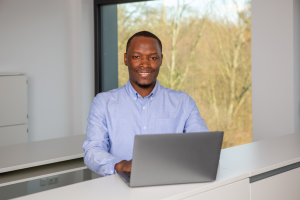
Adrian Sebuliba joined the ISAS junior research group AMBIOM in 2023 as a software engineer. Previously, he worked for a digital commerce platform for the chemical industry in Uganda. In the ISAS Kompakt series ‘Valuable Connections’, he reports on his move into health research, among other things.
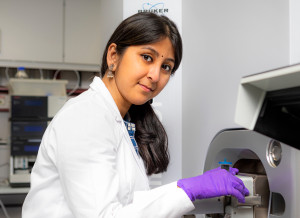
Susmita Ghosh joined the Biofluorescence research group at ISAS in October 2021. The PhD student has now received the first funding of her career for her pilot project “Dissecting the neutrophil-tumor cell interactome using SILAC-labelling”.
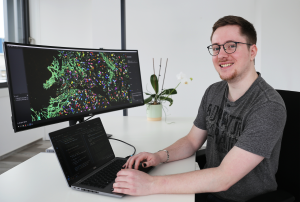
What fascinates you about your work as a software engineer? And why are you engaged in the works council? Lennart Kowitz answers these and other questions in ISAS Kompakt.
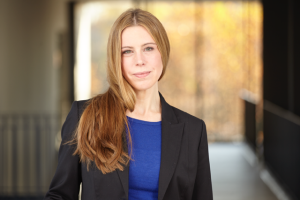
Günther will assume the role of Chief Financial Officer of ISAS.
